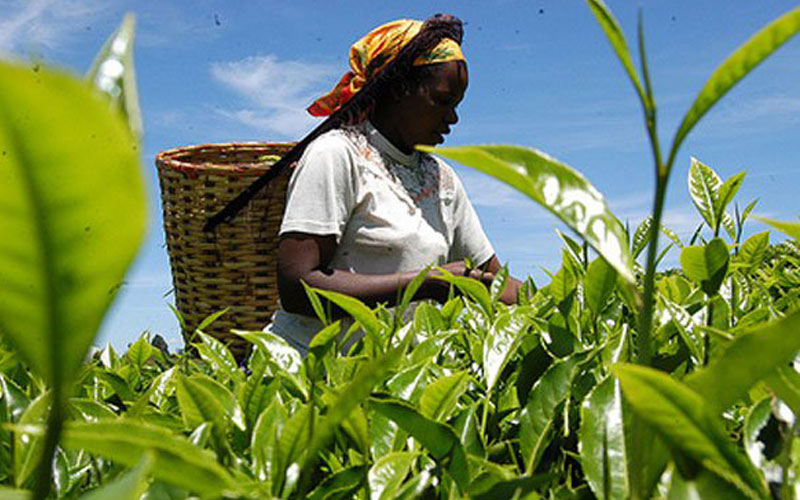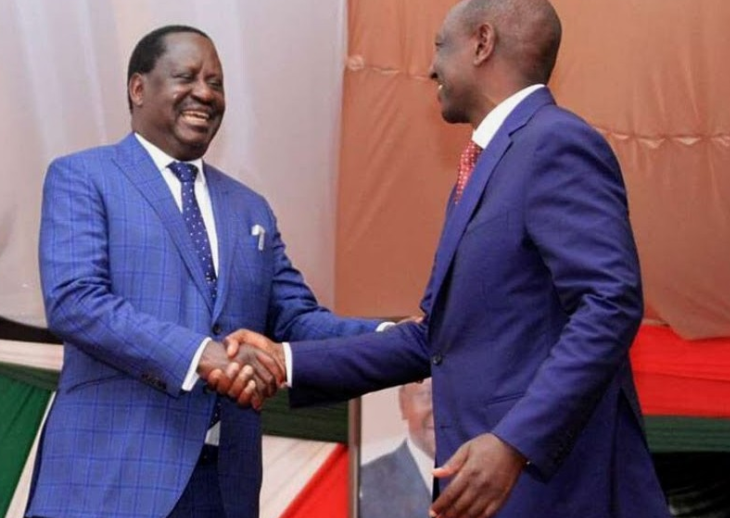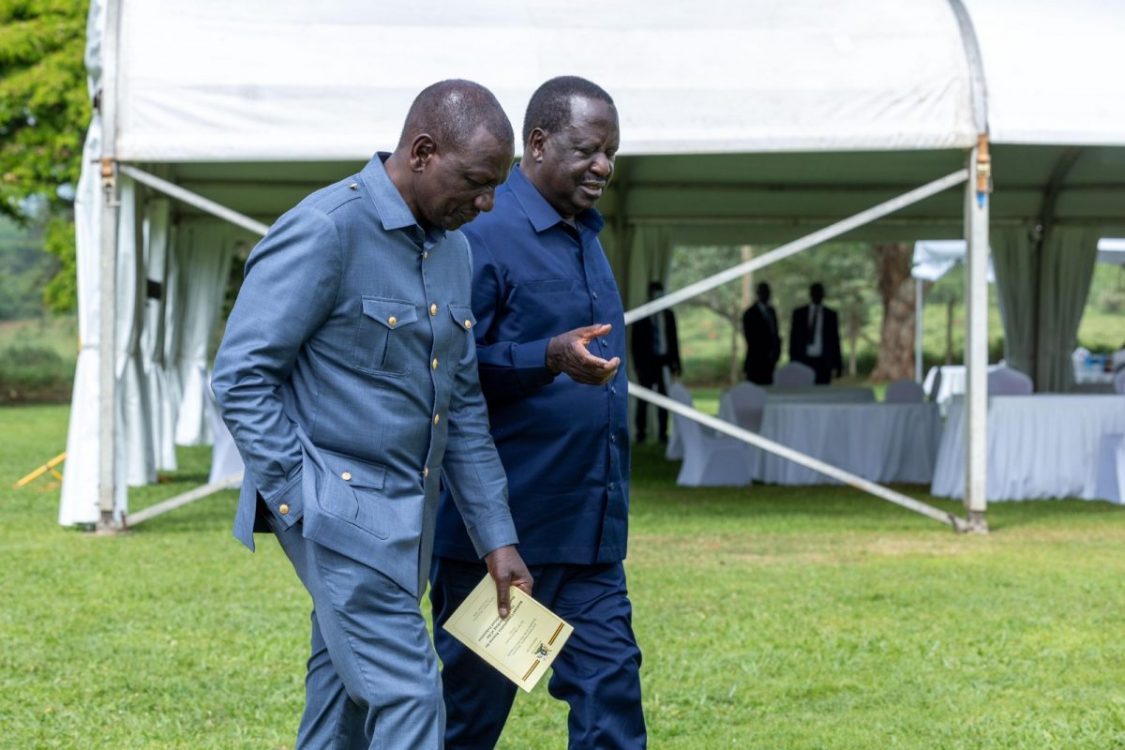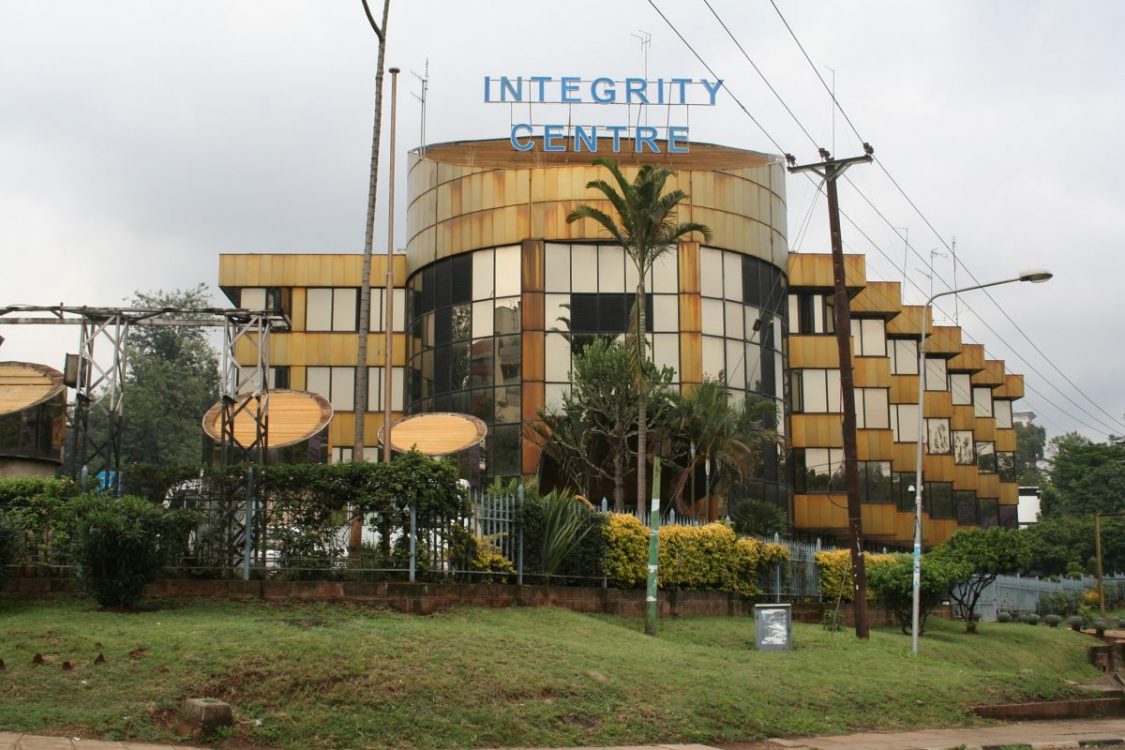The new tea regulations are okay, lobbyists say

Tea sector reforms lobbyists Kenya Tea Lobby Group have welcomed the new tea regulations unveiled by Agriculture Cabinet Secretary (CS) Peter Munya on May 21.
Seeing that most of their recommendations have been incorporated, the lobby chair Irungu Nyakera said the regulations ‘are welcome’.
“We are glad that our efforts to see the tea industry profitable to farmers are paying off,” said Mr. Nyakera shortly after CS Munya unveiled the regulations.
Among other recommendations, Mr. Nyakera’s group was advocating for equal representation of all farmers in electing factory directors, which was scored through the regulation of the ‘one-man-one-vote’ system. Currently, farmers with big tracts of land are the main determiners of who becomes the director of their Kenya Tea Development Agency (KTDA) tea factories.

“The law of one-man-one-vote will allow all farmers to have equal voting rights when it comes to electing factory directors unlike in the current system where voting is based on shareholding. It is democratic” added elated Nyakera.
On the amount of money the tea farmers should pay to KTDA as the management fee, Munya’s team adjusted it to 1.5 percent of annual tea sales from the current 2.5 percent. Nyakera’s group had recommended 1.0 percent and so, 1.5 was okay.
On outlawing the brokers who unnecessarily liberalize the tea market, locally known as ‘Mukohoro’ the tea lobby saw it fit as KTDA should control most of the unprocessed tea to guarantee farmers long-term benefits.
Uhuru’s Directives
President Uhuru Kenyatta on January 14 issued directives to clean the tea industry in Kenya and restore profitability and hope to hundreds of thousands of farmers.
Majorly, the directives touched on administration, payment to growers, and value chain in post-processing. Particularly, the Head of State called for reforms in KTDA, tea brokerage, and auctioneering and the stakeholders to seal corruption and embezzlement loopholes.
The New Regulations
Mr. Munya on Thursday unveiled the following regulations;
- Outlawing of private treaty selling of processed tea and green tea to be sold by auction.
- Tea not sold in an auction to be relisted for a subsequent selling.
- Interested buyers to submit a performance bond of 10 percent of the estimated tea value.
- The value of tea to be auctioned be set at a three-month average value.
- Buyers who withdraw from the auction process to forfeit the 10 percent and the money given to the tea sellers.
- Buyers in an auction to pay the full amount before collecting the tea.
- Tea factories to be directly involved in the auction process.
- Agencies like KTDA to refrain from auction and leave it to an authority.
Management and brokerage
- Management fees be reduced to 1.5 percent maximum.
- Management agreement to last for 5 years.
- Management services not to provide the Company Secretary Service.
- Directors of management agencies to any direct commercial ties with tea factories.
- A tea broker to offer services for 15 years maximum.
- Brokerage fees to be 0.75 percent of total tea sales, and to be contributed by farmers and buyers at 0.2 percent and 0.55 percent respectively.
- Proceeds from tea sales to be remitted to factory accounts in 14 days after the auction.
- Tea factories to pay to farmers at least a half of the payment due for green tea delivered every month.
- Directors for tea factories elected through one-man-one-vote to serve for a 3-year term only renewable once.
- The election for factory directors to comply with one-third gender rule.
Author
Njange Maina
Njange Maina is a journalist by profession with a degree in Journalism from the Multimedia University of Kenya. He is currently pursuing a micro-masters degree in Digital Branding and Marketing. He is interested in digital media, human interest stories, and business journalism.
View all posts by Njange Maina














